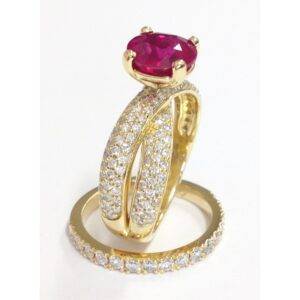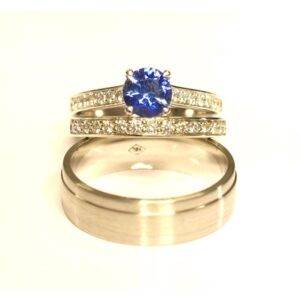Losing precious jewels is something we don’t expect. But, when it does happen, the right type of insurance can keep you protected from potential losses. Fine print is an important element in buying any type of insurance and when you insure your jewels, you need to use a fine tooth comb to ensure that you are not under insured when you need to lodge a claim.
Contents insurance – Are your jewels covered?
Theft of contents may be substantially covered by your home and contents insurance. But, to properly cover your jewellery, each piece must be specified on the policy. A default option would generally cover theft from home. In some cases, you may have optional cover that protects you from losses while you are away from your home.
Antiques and expensive jewellery
Hereditary or antique jewellery can be priceless for the owner. When an eventual claim arises, the value needs to be proved to the insurer. The best way is to have each of these items assessed by professional valuers. Get a second or even third valuation done, since there can be huge differences between valuers. Remember to preserve the valuation certificate, as you will need that to establish ownership when you make a claim.
How much will the insurer pay?
Bulk suppliers of jewellery offer huge discounts to insurers. When you make a claim, they tend to offer a credit at a store convenient to them instead of making cash settlements. If your policy specifies a particular jeweller, the insurer may agree, and if you insist on cash, you may be offered just the wholesale value.
Example
A home was burgled and lifetime collection of precious diamond and gold jewellery, estimated at about $20,000, was lost. The insurer offered $4900 – significantly lower than the loss. The owner had done nearly everything right. The insurance policy was current, and the jewellery was safely stored away. Further, immediately on discovering the theft, a police report was filed. The valuations and photographic evidence were also in place.
So what was the problem?
Most insurance policies have limits on items carrying high value, except when a higher limit is specifically asked for. Obviously, doing so will impact your premium, but when a claim arises, you would be glad you paid the extra amount.
If there is no sign of forced entry, the insurer can potentially deny your claim on the ground that at some point of time, the thief was invited to the property.